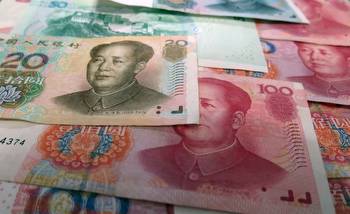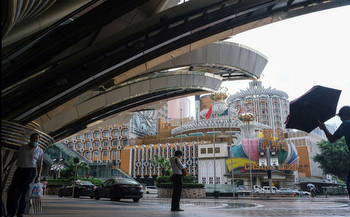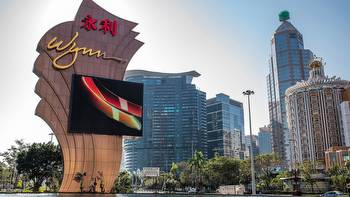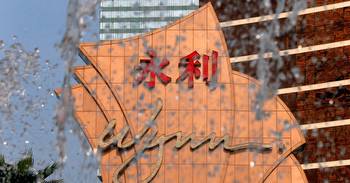Macau casinos see worst year on record after gaming revenue drops 51% in 2022
Macau casinos have posted their worst year since 2004 as China's strict Covid Zero policies wrought havoc on the gambling hub. The Gaming Inspection and Coordination Bureau said Sunday that gross gaming revenue in December fell 56% from a year earlier to 3.48 billion patacas ($433 million), slightly below the median estimate of a 57% decline. However, the region has recently seen a loosening of pandemic curbs, thus fueling optimism about a long-awaited recovery for the year ahead.
Revenue for the full year amounts to 42.2 billion patacas ($5.2 million), down 51% from 2021 and far short of the pre-pandemic level of 292 billion patacas ($36.4 billion) in 2019. Still, as reported by Bloomberg, analysts predict a rebound in 2023, with a median estimate of 195% growth.
Gaming revenue has been declining since March as virus outbreaks and lockdowns in China led to a tightening of outbound travel, and a crackdown on cross-border gambling saw tougher rules around issuing visas. Revenue plunged to a record low in July, when the city was hit by a major flareup that saw casinos shut for almost two weeks and prompted the mainland to suspend quarantine-free travel.

In December the mainland saw an abrupt change in its Covid Zero, thus sparking a record wave of infections in both the mainland and Macau. Disruptions are set to drag on casinos until the Lunar New Year holidays in late January, according to Bloomberg Intelligence analyst Angela Hanlee.
However, the mainland’s reopening in January, and Macau’s own moves to scrap quarantine for overseas arrivals, pave the way for a major rebound for casinos in 2023. Investors are bullish on the sector, pushing casino stocks to their best annual performance since 2017 on optimism about China’s reopening.
All six current operators - which include Sands China, Wynn Macau, Galaxy Entertainment, MGM China, Melco Resorts, and SJM Holdings - were recently granted new licenses for 10 years. The decision removed a major uncertainty that had hung over the sector for much of the past year.





































